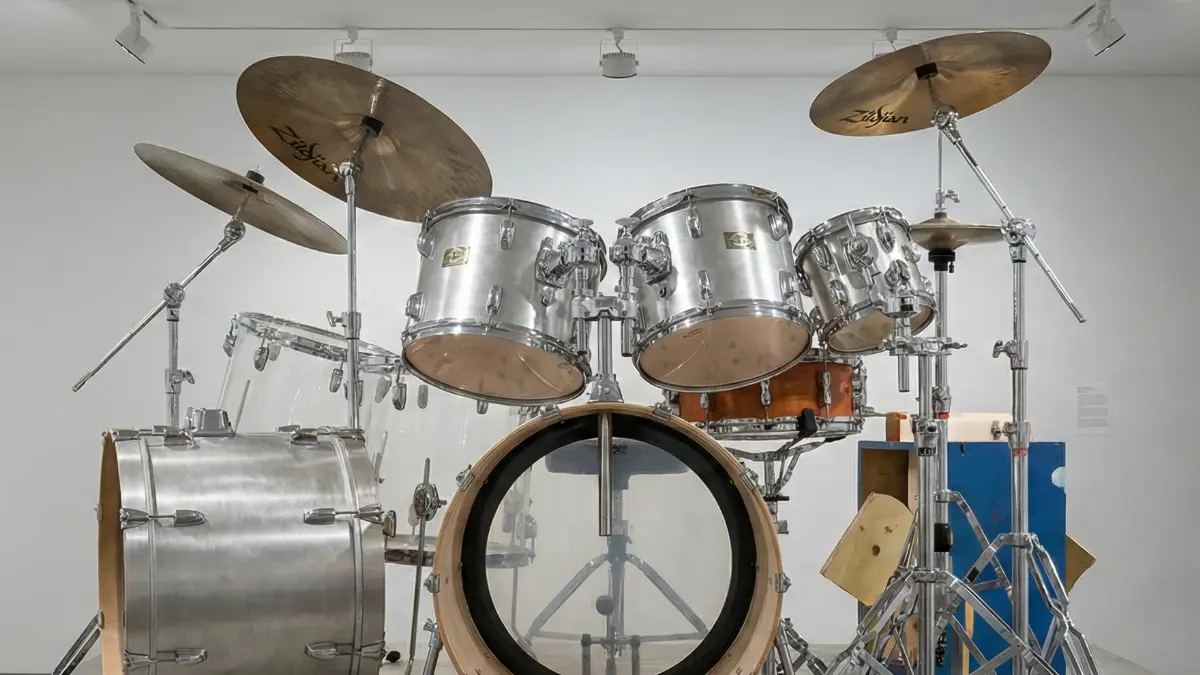Assess your reaction to specific trigger sounds with this scientifically validated questionnaire.

Misophonia Test
Understand your sensitivity to sound.
Misophonia is a condition characterized by a strong aversion to specific sounds, such as chewing, breathing, or tapping. These "trigger" sounds can elicit intense emotional and physiological reactions, often leading to anger, anxiety, or a desire to flee the situation. The MisoQuest is a specialized questionnaire developed to measure the severity of these reactions and help individuals understand the extent of their sensitivity.
This assessment evaluates several key factors associated with misophonia, including the physical and emotional intensity of reactions, the ability to control these responses, and the impact of avoidance behaviors on daily functioning. By quantifying these experiences, the MisoQuest serves as a valuable tool for identifying potential misophonia and differentiating it from other sensory sensitivities.
If you find yourself frequently overwhelmed by everyday noises, this test can provide insight into your symptoms. For those interested in exploring related sensitivities, you might also consider taking our Highly Sensitive Person Questionnaire or the Anxiety Sensitivity Test to gain a broader perspective on your sensory processing.
Frequently Asked Questions
- How long does this quiz take?
- It takes about five minutes to complete.
- Are my responses private?
- Yes, all Misophonia Test answers are anonymized and confidential.
- Can I take this test more than once?
- Yes, you can retake the test any time to see how your Misophonia Test results may have changed.
- Will this quiz tell me if I have misophonia?
- This test assesses symptoms associated with misophonia but is not a formal medical diagnosis. It helps you understand the severity of your reactions to sounds.
- Can my results help with treatment?
- Your results can provide insight into your triggers and emotional responses, which is a helpful starting point for discussing strategies with a mental health professional.
Misophonia Test: Take The 14-Item Quiz
References
Disclaimer
This scale is designed for educational purposes and is not a substitute for professional diagnosis or treatment.

